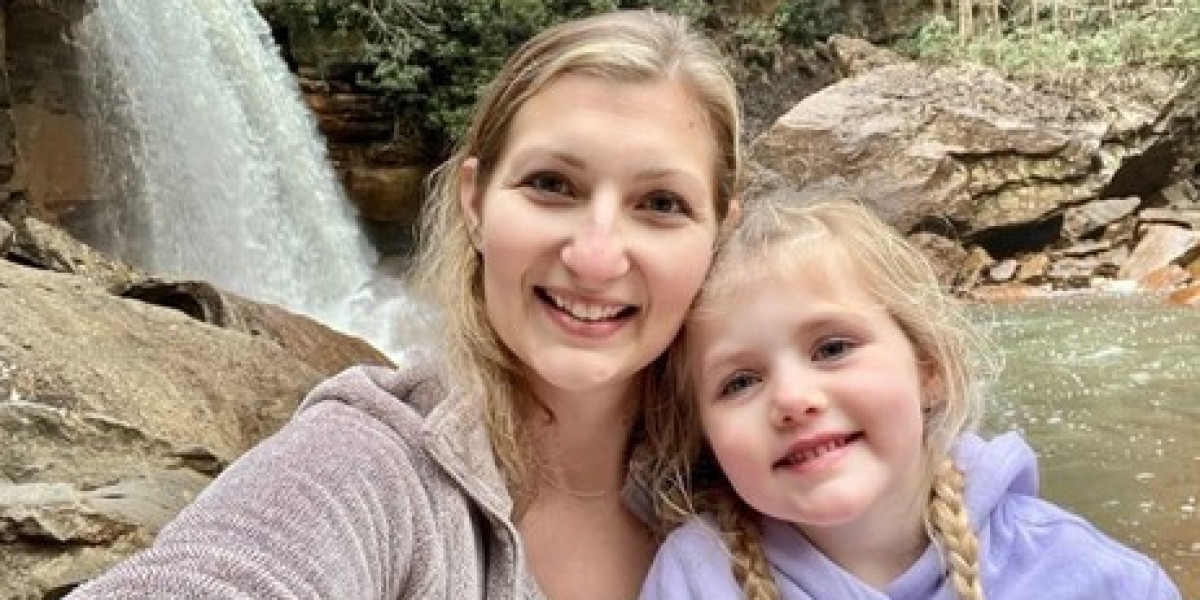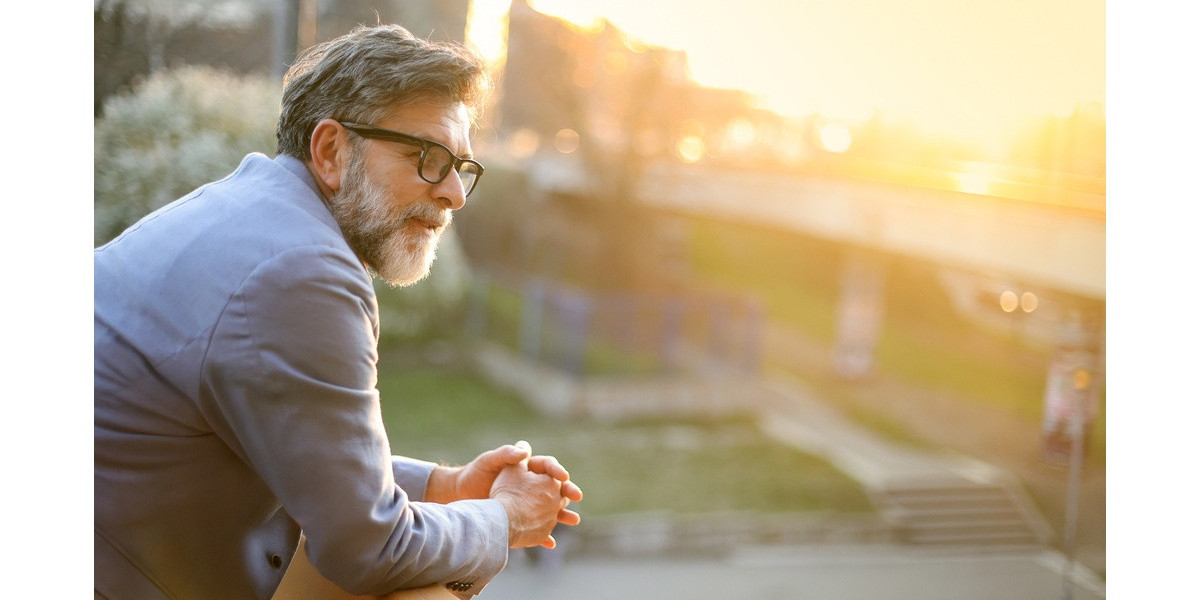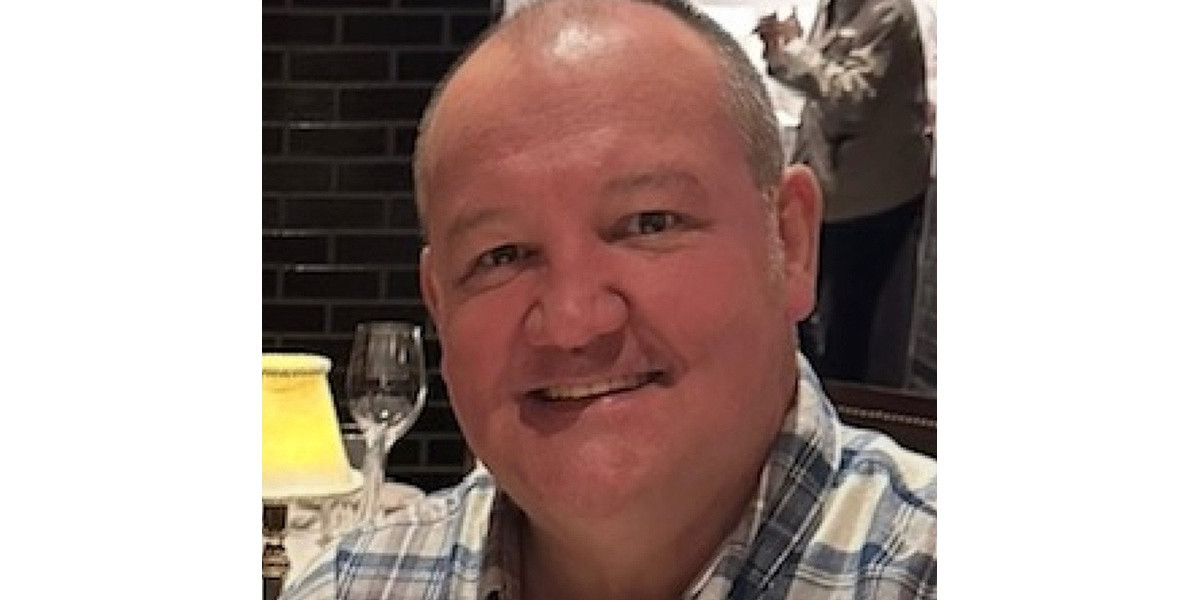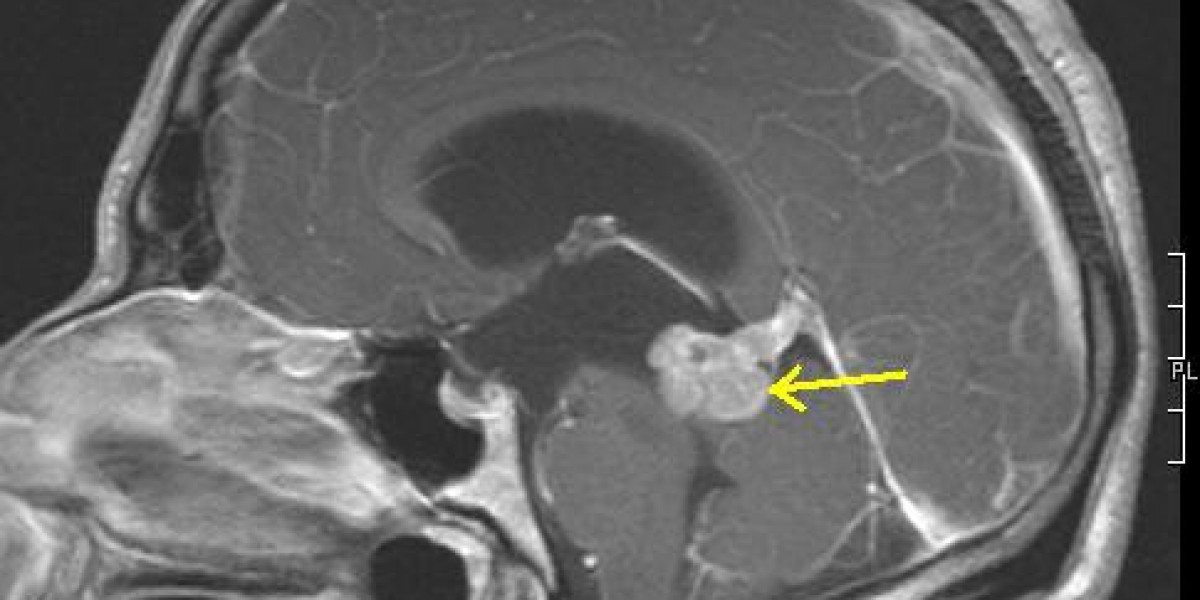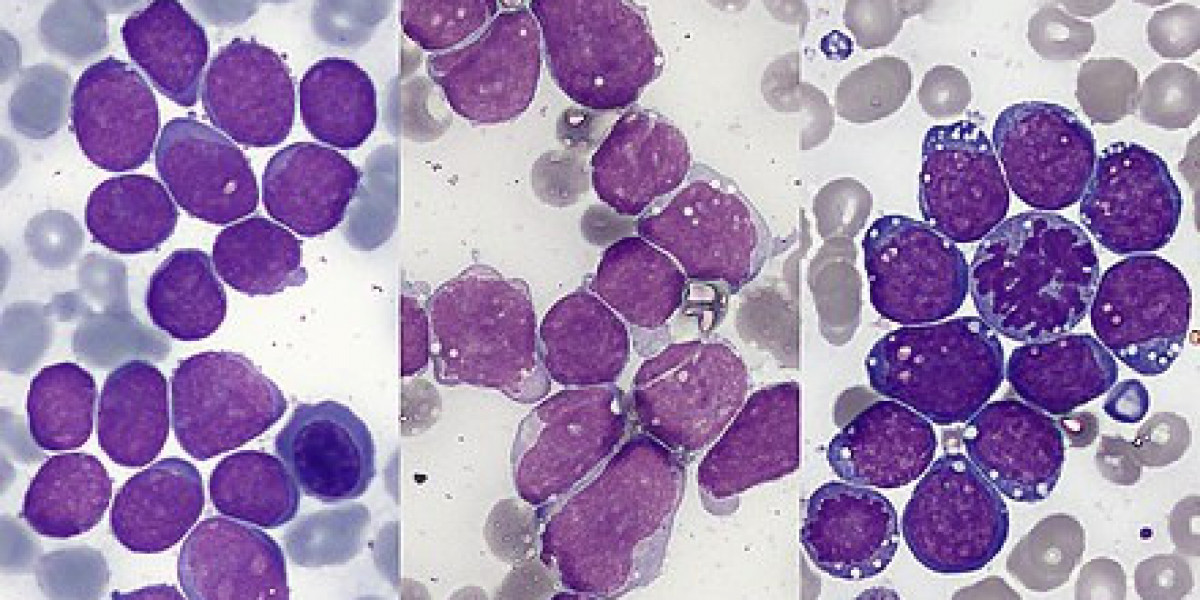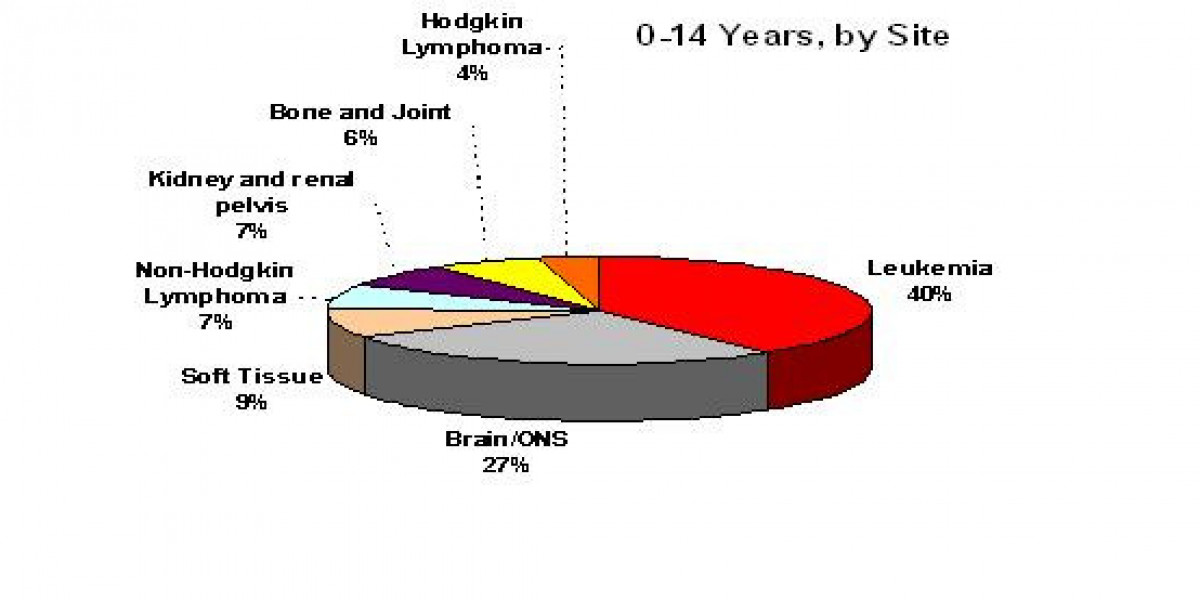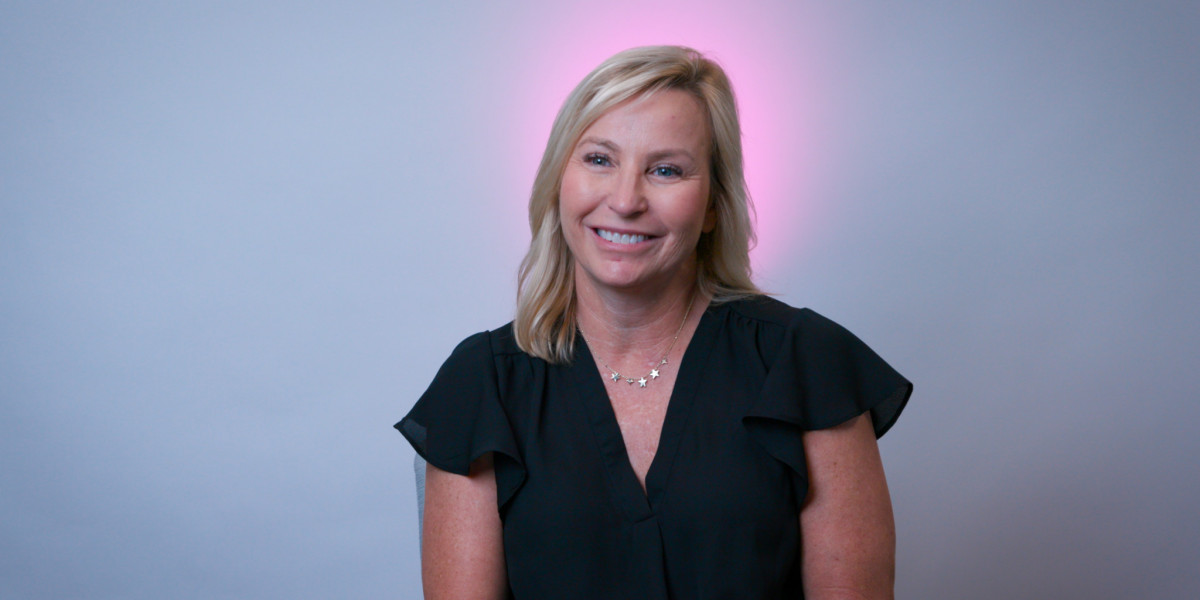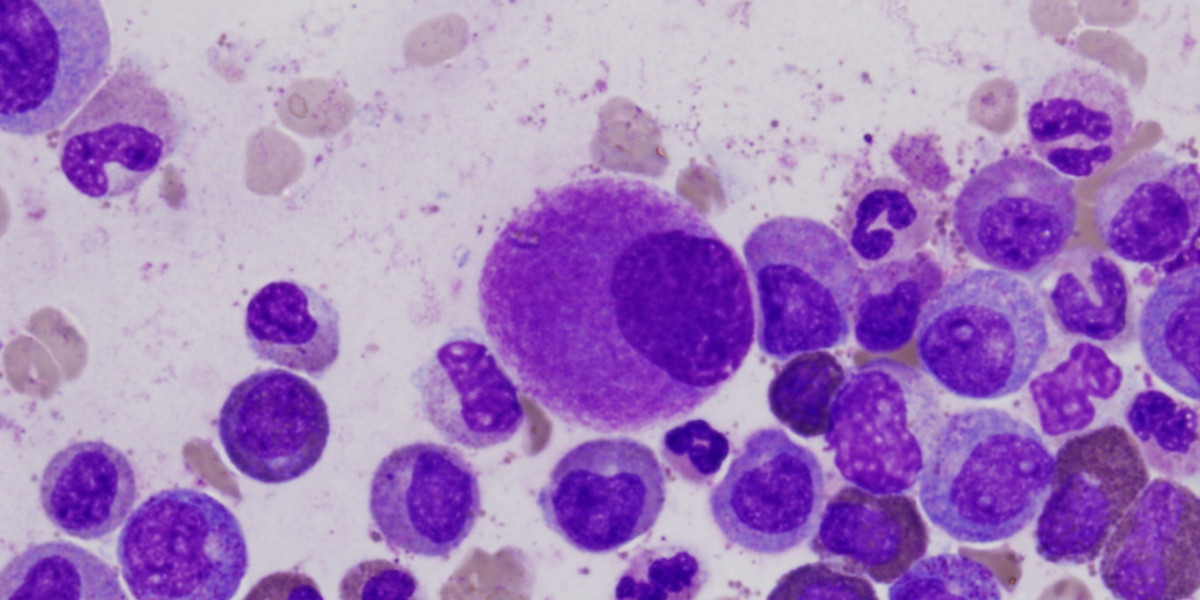Blogs > Life after breast cancer treatment: The hardest chapter
Once active breast cancer treatment ends, people often assume that everything goes back to normal. But the truth is, it doesn’t.
It was September 2019, and I was 29 years old. Life felt full and joyful. My daughter had just celebrated her first birthday, and I felt healthy in every way. I was just a few months away from turning 30 when I found a lump during a self-breast exam. I had no idea how much things were about to change.
At my annual wellness checkup, I mentioned the lump to my physician. She reassured me that it was likely nothing, but I pushed for more testing. She ordered an ultrasound, which led to a mammogram. The mass wasn’t visible on the images, but my ultrasound raised concern, so I underwent a biopsy.
Nearly two weeks later, I still hadn’t heard anything. On my lunch break at work, I checked my patient portal and saw the words: Invasive ductal carcinoma. My doctor never called me with the results.
I was stunned. But because I worked in health care, I was able to reach out to a trusted provider who helped me get an appointment quickly with a breast oncology team. More scans and tests followed. A few weeks later, I also learned that I carry the BRCA2 genetic mutation, something that runs in my family but that I hadn’t tested for earlier because I wasn’t ready for that kind of worry.
There was no time to let any of it sink in. My care team laid out a treatment plan: eight dose-dense chemotherapy treatments over four months, followed by a double mastectomy with reconstruction, and then 15 sessions of hypofractionated radiation.
Once I understood my diagnosis and set my treatment plan, I shifted to an intentional mindset. I felt mentally prepared to begin treatment and actively engage in my healing. I focused on getting through each appointment, staying present for my daughter, and doing what I could to move forward. That determination carried me through what came next.
Just three days after my mastectomy, the COVID-19 pandemic shut everything down. I had just learned that I had a pathologic complete response (pCR) to chemotherapy — no remaining cancer in the tissue that was removed — and suddenly I couldn’t even bring anyone with me to follow-up appointments. I was immunocompromised, caring for a 1½-year-old, and terrified to leave the house. It was a time of intense fear and deep isolation.
A month after radiation, I began hormone suppression therapy, which I’ll continue for at least 10 years. So far, I’ve had four reconstruction-related surgeries. At age 33, I also made the decision to have a preventive total hysterectomy to reduce my hormone levels and lower my risk of ovarian cancer, a choice made after discussions with my care team and driven by my BRCA2 status.
Throughout it all, my daughter has been my reason to keep going. Even now, she gives me strength during the hard days, especially in survivorship, which, for me, has been the most difficult chapter.
People often assume that once treatment ends, everything goes back to normal. But the truth is, it doesn’t. Physically and emotionally, you’re forever changed. I’m not the “old Kara” people remember. My thoughts, my feelings, my priorities have all shifted.
And when the appointments slow down, your hair starts to grow back, and people stop checking in, that’s often when the loneliness hits. I’ve never felt as isolated as I did in the months after active treatment ended. Even now, I still carry that sense of being apart from others.
The word “survivor” doesn’t feel quite right to me. It makes it sound like the hardest part is over, but survivorship itself is its own kind of challenge. I still deal with daily medication side effects, early menopause, and lasting physical symptoms: fatigue, neuropathy, memory issues, back pain, trouble sleeping. I often say, “I may look like I’m in my 30s on the outside, but on the inside, I feel 90.”
The fear of recurrence never fully goes away. Every new ache, pain, or vivid dream can spark that worry: What if it’s back? I try to keep those fears in the background and focus on the present, but some days, they surface. Sometimes I’ll be going about my day and suddenly remember: I had cancer.
What’s helped has been therapy, yoga, and connecting with others who’ve been through something similar. I’ve joined several online communities of young women impacted by breast cancer, and it’s been a relief to find people who understand without explanation. I hate that anyone else has gone through this, but I’m grateful we can be there for one another.
What I want others to take away from my story is the importance of self-awareness and self-advocacy. Know your body. Do self-exams. Ask questions. Talk about your family history. My grandmother had breast cancer in her 30s, and I later learned that multiple relatives were BRCA-positive. I put off testing because I didn’t feel ready, but I wish I had taken preventive steps sooner. That’s why I now advocate for my daughter and the people I love.
I’m deeply grateful to be here, and for the treatments that have kept me in remission. But I also know that my quality of life could have been better if I’d taken action earlier and got tested. Perhaps I would have needed fewer treatments or avoided a cancer diagnoses altogether. So, I share my story in hopes that it helps someone else act sooner, ask more questions, or feel a little less alone.
Please, always advocate for yourself and your loved ones. It can save a life.
My tips for young women facing breast cancer
— Know your body, and trust your instincts. If something feels off, speak up. You know your body best. Don’t wait, and don’t let anyone dismiss your concerns.
— Ask about genetic testing early. If you have a family history of cancer, consider testing sooner rather than later. It can help you make informed decisions.
— Advocate for yourself, even when it’s hard. Push for answers. Get second opinions. Keep asking questions until you feel seen and supported.
— Let yourself feel everything. It’s OK to be scared, angry, or sad, even after treatment ends. Survivorship is complex. Give yourself the space to process it all.
— Find people who *get it.* Connecting with other young women who’ve been through this helped me feel less alone. Support groups — especially online ones — have been a lifeline.
— Don’t compare your journey to anyone else’s. There’s no “right” way to move through cancer. Your experience is yours, and it’s valid.
— Take care of your whole self. Do yoga, therapy, quiet walks or whatever helps you feel grounded. Healing isn’t just physical.
DISCLAIMER:
The views and opinions of our bloggers represent the views and opinions of the bloggers alone and not those of Living Beyond Breast Cancer. Also understand that Living Beyond Breast Cancer does not medically review any information or content contained on, or distributed through, its blog and therefore does not endorse the accuracy or reliability of any such information or content. Through our blog, we merely seek to give individuals creative freedom to tell their stories. It is not a substitute for professional counseling or medical advice.
When to have follow-up visits
Learn what to expect with follow-up visits and tests in the first few years after active treatment for early-stage breast cancer.
Survivorship care plans
A survivorship care plan is a post-treatment written report with details about your treatment, follow-up care, and ways to maintain your health.
Signs of recurrence
During breast cancer treatment and well after it has ended, fear of recurrence is a concern for nearly every person diagnosed with early-stage breast cancer. Knowing the signs and talking with your care team can help.
Post-Active Treatment
After breast cancer treatment, it's like beginning anew, often feeling isolated. Find resources here to navigate concerns like doctor consultations frequency and necessary tests in your post-treatment journey.
Survivorship
As treatment comes to an end, many people long for continued connection to others who understand what they’ve been through.
Secondary cancers
In very rare cases, part of your breast cancer treatment can cause you to get a different cancer in a different part of your body, usually many years later. This is called a secondary cancer.
How ending treatment may impact your emotions
After initial treatment, relief often accompanies the completion of appointments and medications. However, reduced provider visits might lead to feelings of aimlessness or loss for both patients and caregivers.
Why fear of recurrence happens
Fear of cancer recurrence is prevalent post-breast cancer. Its impact varies, influenced by individual health history, information access, social support, coping mechanisms, and other factors.
Common fear of recurrence triggers
Certain events, anniversaries, or activities in your life could remind you of cancer and trigger, or bring out, your concerns about recurrence.
Managing your fear of recurrence
There are many different ways to cope with fears after treatment is over. Try different strategies to find the ones that work best for you.
We'll send support straight to your inbox.
Tagged:
Living Beyond Breast Cancer is a national nonprofit organization that seeks to create a world that understands there is more than one way to have breast cancer. To fulfill its mission of providing trusted information and a community of support to those impacted by the disease, Living Beyond Breast Cancer offers on-demand emotional, practical, and evidence-based content. For over 30 years, the organization has remained committed to creating a culture of acceptance — where sharing the diversity of the lived experience of breast cancer fosters self-advocacy and hope. For more information, learn more about our programs and services.
Living Beyond Breast Cancer
40 Monument Road, Suite 104
Bala Cynwyd, PA 19004
©2025 Living Beyond Breast Cancer
Originally published on LBBC.
